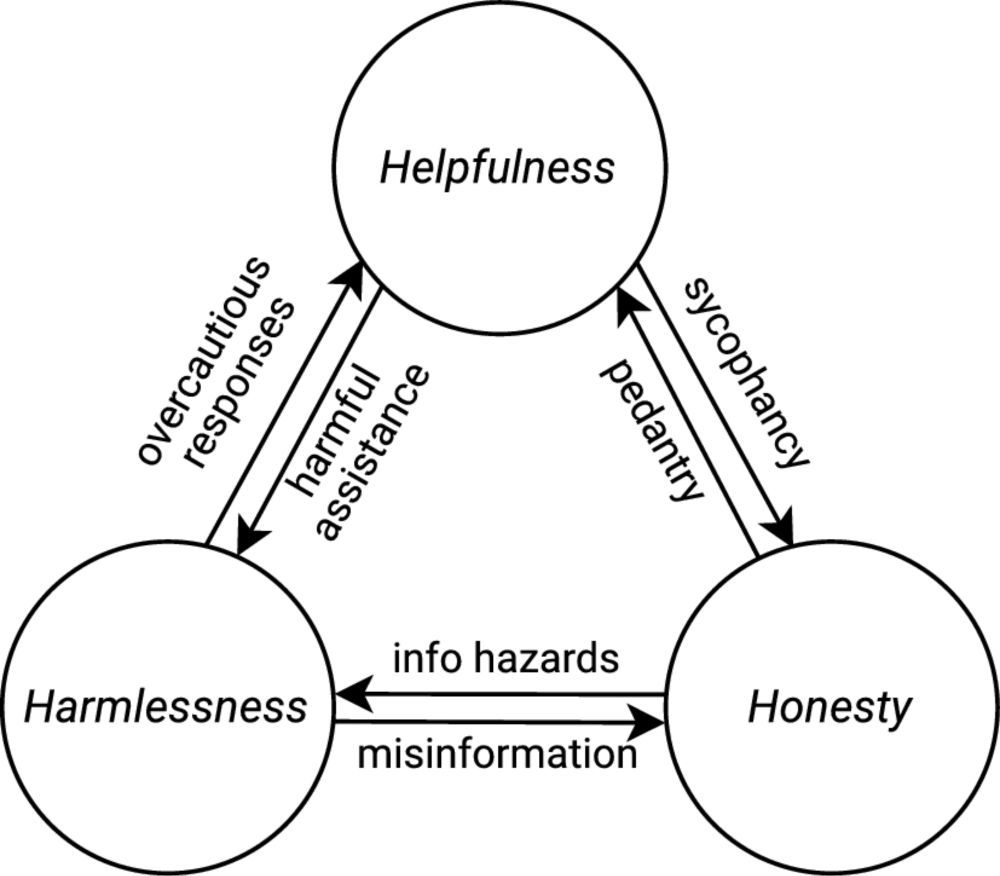
https://raphaelmilliere.com/
sciencedirect.com/science/arti...
Special thanks to @taylorwwebb.bsky.social and @melaniemitchell.bsky.social for comments on previous versions of the paper!
9/9

sciencedirect.com/science/arti...
Special thanks to @taylorwwebb.bsky.social and @melaniemitchell.bsky.social for comments on previous versions of the paper!
9/9







oecs.mit.edu/pub/zp5n8ivs/

oecs.mit.edu/pub/zp5n8ivs/
link.springer.com/article/10.1...

link.springer.com/article/10.1...



